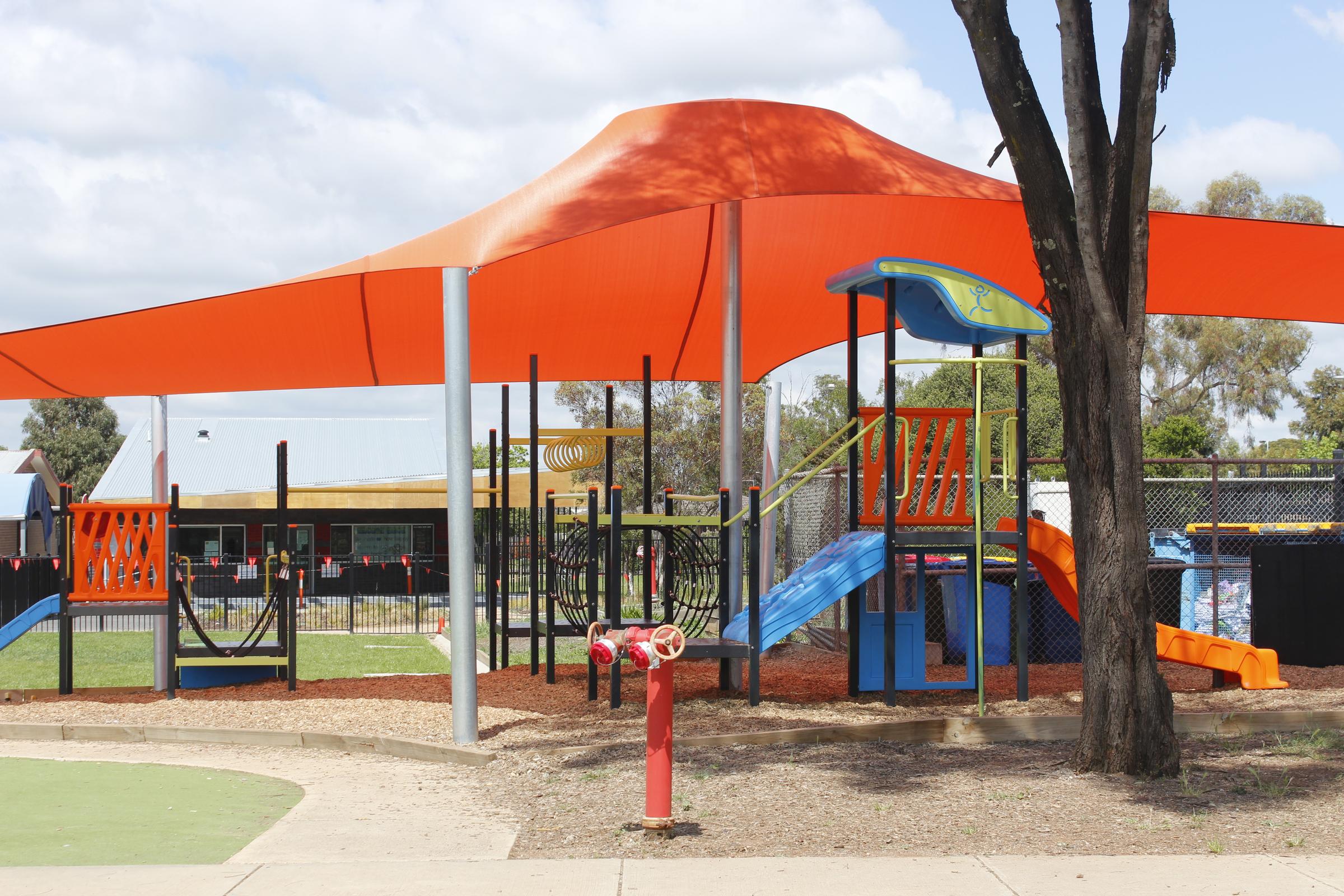Assistant Principal Report

Dear Parents and Friends,
I sincerely hope you all had a very enjoyable long week-end. Please find below some tips we have sourced from the Department site around the importance of talking with your child and simple activities you may trial at home.
Talking with your child
Regularly talking and interacting with your child extends their language and listening skills and helps grow their confidence with language.
Include your child when discussing everyday activities such as grocery shopping, gardening, cooking dinner, collecting mail from the mailbox, doing housework, and travelling in the car or bus.
Outings can also provide a world of new vocabulary. Discussion during outings can enrich your child’s understanding of the world. Outings might include going to the park, the zoo, a shopping centre, museums, libraries and art galleries.
Other fun activities can include:
- Share rhymes, poems and songs. Encourage your child to join in.
- Share and talk about family histories and family photos.
- Look at picture books or art books. Ask your child to describe what is happening in the pictures and make up stories together.
- Collect cardboard and other household items for your child to build with. Ask your child to describe what they are building.
- Look at ‘junk mail’ and talk about the things for sale.
- Listen to simple radio programs or podcasts together and discuss the content.
- Play vocabulary games with your child such as, “what’s the opposite of ….?” (for example, “what’s the opposite of big?”) and “what’s another word for….?” (for example, “what’s another word for happy?”).
Oral storytelling
Storytelling is a great way to extend your child’s speaking and listening skills, and to expand their memory and imagination. Either you can tell the story, or you can encourage your child to tell the story.
Storytelling might be about:
- your child’s favourite toy, another family member
- a pet, a favourite fictional character from a book or television program
- a famous person, an imaginary animal that can speak.
- the work of people from different professions, such as astronauts, firefighters, nurses and teachers
Here are some tips to start your storytelling:
- Make it exciting, with different voices, puppets, or a finger play.
- Have a dress-up box for your child to use for storytelling and imaginative play.
- Start with what interests your child.
- Start by creating a character and a setting.
Warmest Regards,
Kathy Cvitkovic
Assistant Principal


